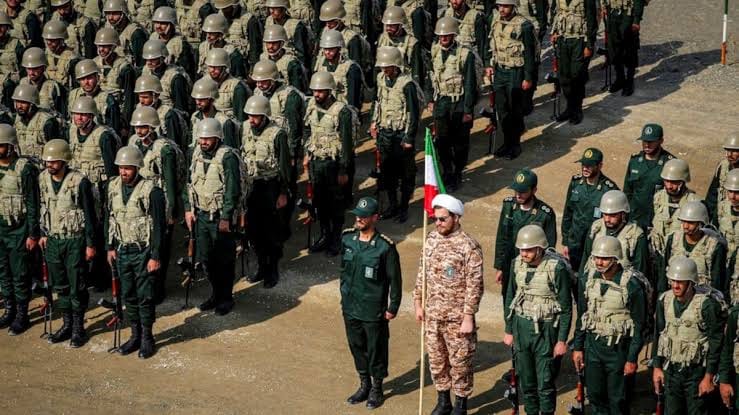Iran’s IRGC conducts military drills on disputed islands amid tensions with UAE, international allies

Iran’s Islamic Revolutionary Guard Corps (IRGC) recently conducted unannounced military exercises on three disputed islands in the Gulf, which are claimed by the United Arab Emirates (UAE). The islands, Abu Musa, Greater Tunb, and Lesser Tunb, have been a source of political tensions between the two nations.
The islands came under Iran’s control in 1971 when the then-shah of Iran dispatched the royal navy after the British withdrew their forces from the area, now part of the UAE. Despite Emirati claims supported by other Arab states, Iran has firmly rejected any negotiations over their ownership.
The latest drills, carried out by the IRGC on Wednesday, showcased an array of military assets, including aircraft, vessels, missiles, and vehicles, stationed on the disputed islands. State media reported the unveiling of a new IRGC Navy vessel armed with long-range missiles, as well as the deployment of Fath ballistic missiles and Ghadir cruise missiles.
The exercises came after Iran expressed displeasure over Russia and China’s joint statements with the Gulf Cooperation Council (GCC), which supported the UAE’s claim over the islands. Iran summoned the Russian and Chinese envoys to Tehran to protest against their stance.
During the ceremony marking the start of the drills, Alireza Tangsiri, the IRGC Navy’s commander-in-chief, emphasized the islands’ significance to the Iranian nation, pledging to defend their honor. The IRGC commander-in-chief, Hossein Salami, reaffirmed that Iran and its Arab neighbors are fully capable of protecting regional waters without the presence of foreign forces.
These developments take place in the backdrop of increasing tensions with the United States. The U.S. has been deploying troops and equipment to the region in response to Iran’s alleged attempts to disrupt commerce in the strategic Strait of Hormuz, through which a significant portion of the world’s oil flows.
Last week, Iran unveiled a new cruise missile named Abu Mahdi, capable of targeting U.S. aircraft carriers in the region if deemed necessary. The missile’s name honors Abu Mahdi al-Muhandis, an Iraqi commander assassinated along with Iran’s top general, Qassem Soleimani, in a U.S. drone strike in Baghdad in January 2020.
The situation remains tense as Iran’s military exercises and the U.S. response underscore the ongoing geopolitical complexities in the region.












